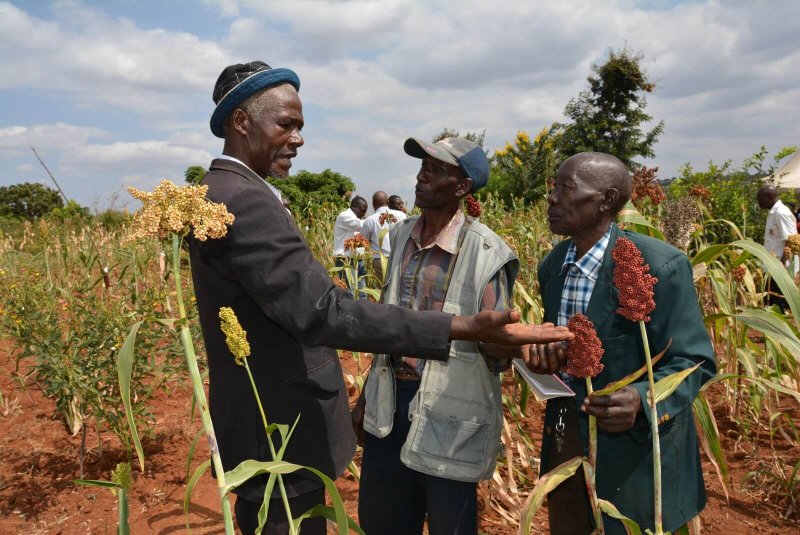African countries are currently having trouble releasing their biotech crops popularly known as Genetically Modified Organisms (GMO) to farmers, but scientists seem to be embracing a new strategy to ensure that there exist relevant regulatory systems.
On July 18, the biosafety agencies and partners across the continent gathered in Entebbe, Uganda, for the second biennial Agricultural Biotechnology and Biosafety Communication (ABBC) symposium themed ‘strengthening communication for improved biosafety management’ to interrogate innovative communication techniques that can address the gap. This they believe will help in building confidence in the biosafety systems and the safe and beneficial use of agri-biotechnology.
…
“Biosafety communication is an often neglected aspect of the risk analysis and decision making processes for biotech crops which requires urgent investment and development,” [said Margaret Karembu, the director of the Africa office of the International Service for the Acquisition of Agri-biotech Applications (ISAAA).]
“This is especially critical in Africa where various products are under development and promising to provide staple crops that are resistant to diseases and pests, more nutritious, and survive and increasingly challenging climatic conditions.”
…
But the ultimate success of delivering these products to farmers is threatened by tenuous support of these decisions from policy makers and the public due to limited understanding of biosafety concepts and the regulatory processes.
The GLP aggregated and excerpted this blog/article to reflect the diversity of news, opinion, and analysis. Read full, original post: African biosafety agencies move to bridge GMO communication gap































